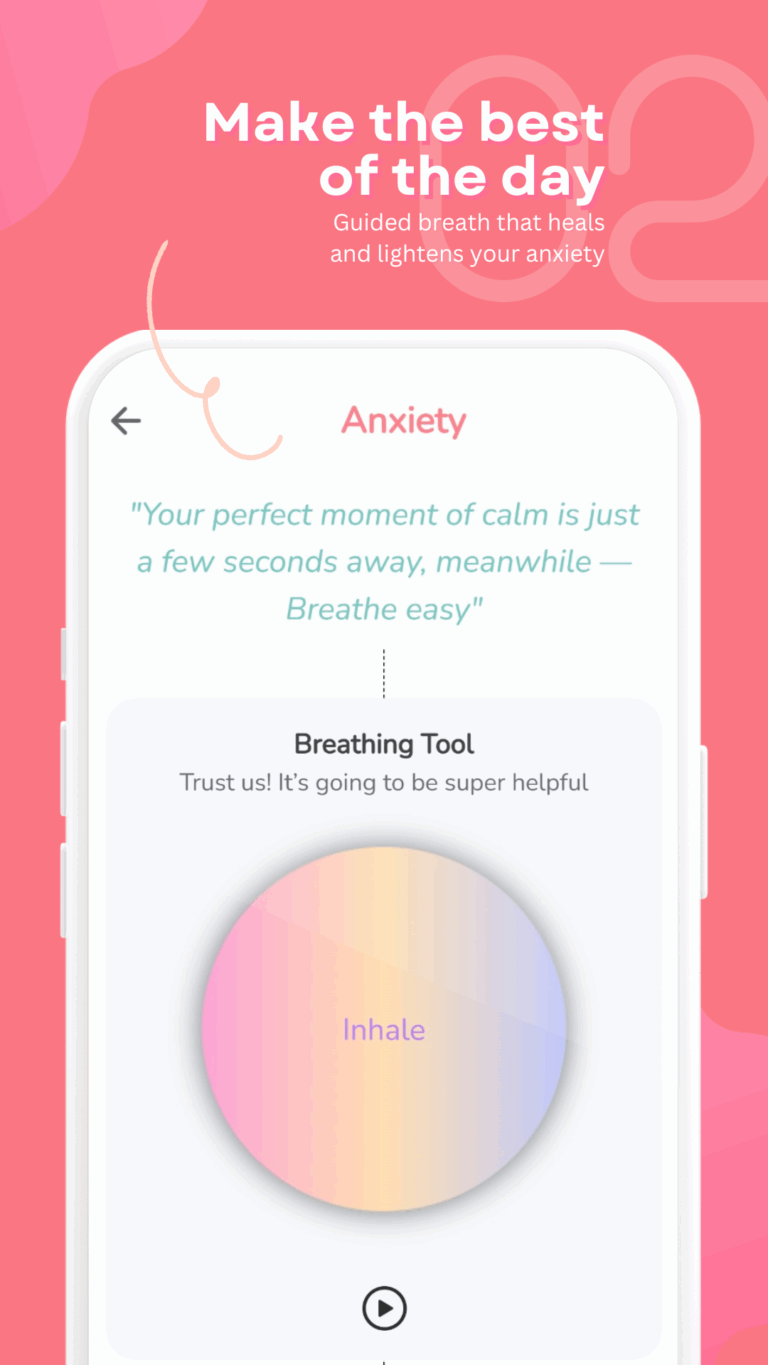Feeling better starts here,
One app. Daily calm. Real support.
Tired of daily stress, sleep issues, or racing thoughts?
TheLifeMerit helps you stay calm, clear, and in control; using music, mindfulness, and mood tools Feel less anxious, sleep better, stay calm; all in your rhythm, your way
- Because what exists either feels robotic, expensive, or not made for you.
- Built for Indians, in dual language, Hindi and English.
- TheLifeMerit offers support that’s gentle, local, and real, right in your pocket.
- Trusted by parents, professionals, and recommended by educators

Used across Delhi, Pune, and Ahmedabad
100% behavioral science, private and secure
before her 12th boards”

Feel heard. Start small. Grow strong.
Real Struggles, Often Ignored




Feel heard. Start small. Grow strong.
Real Struggles, Often Ignored

Clarifying Your Path to Mental Well-being
Explore answers to real concerns around privacy, access, and support We understand trust matters, here’s what you need to know
How do I know if I need counseling or therapy?
Understanding when to seek professional support is crucial Explore signs and indicators that may suggest it’s time to consider counselling or therapy for your mental well-being
What types of support are available, and how do they work?
Understanding when to seek professional support is crucial Explore signs and indicators that may suggest it’s time to consider counselling or therapy for your mental well-being
Can I access services anonymously, and what level of confidentiality is maintained?
Understanding when to seek professional support is crucial Explore signs and indicators that may suggest it’s time to consider counselling or therapy for your mental well-being
What happens to my data?
Understanding when to seek professional support is crucial Explore signs and indicators that may suggest it’s time to consider counselling or therapy for your mental well-being
Can I access services anonymously, and what level of confidentiality is maintained?
Understanding when to seek professional support is crucial Explore signs and indicators that may suggest it’s time to consider counselling or therapy for your mental well-being
